Effects of electrical muscle stimulation on cerebral blood flow, BMC Neuroscience
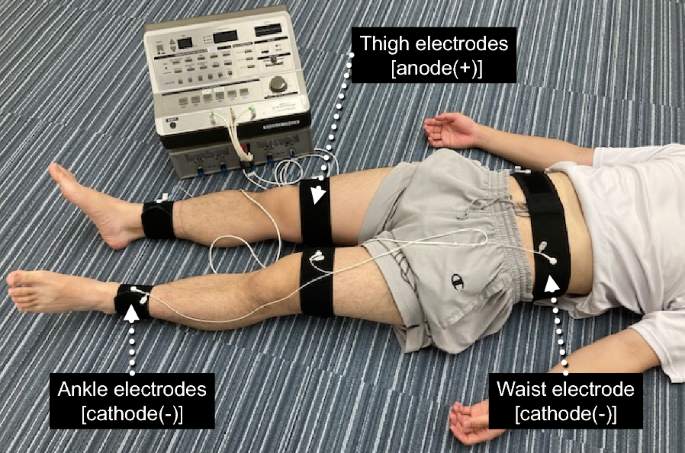
Effects of electrical muscle stimulation on cerebral blood flow, BMC Neuroscience
Electrical muscle stimulation (EMS) induces involuntary muscle contraction. Several studies have suggested that EMS has the potential to be an alternative method of voluntary exercise; however, its effects on cerebral blood flow (CBF) when applied to large lower limb muscles are poorly understood. Thus, the purpose of this study was to examine the effects of EMS on CBF, focusing on whether the effects differ between the internal carotid (ICA) and vertebral (VA) arteries. The participants performed the experiments under EMS and control (rest) conditions in a randomized crossover design. The ICA and VA blood flow were measured before and during EMS or control. Heart rate, blood pressure, minute ventilation, oxygen uptake, and end-tidal partial pressure of carbon dioxide (PETCO2) were monitored and measured as well. The ICA blood flow increased during EMS [Pre: 330 ± 69 mL min−1; EMS: 371 ± 81 mL min−1, P = 0.001, effect size (Cohen’s d) = 0.55]. In contrast, the VA blood flow did not change during EMS (Pre: 125 ± 47 mL min−1; EMS: 130 ± 45 mL min−1, P = 0.26, effect size = 0.12). In the EMS condition, there was a significant positive linear correlation between ΔPETCO2 and ΔICA blood flow (R = 0.74, P = 0.02). No relationships were observed between ΔPETCO2 and ΔVA blood flow (linear: R = − 0.17, P = 0.66; quadratic: R = 0.43, P = 0.55). The present results indicate that EMS increased ICA blood flow but not VA blood flow, suggesting that the effects of EMS on cerebral perfusion differ between anterior and posterior cerebral circulation, primarily due to the differences in cerebrovascular response to CO2.
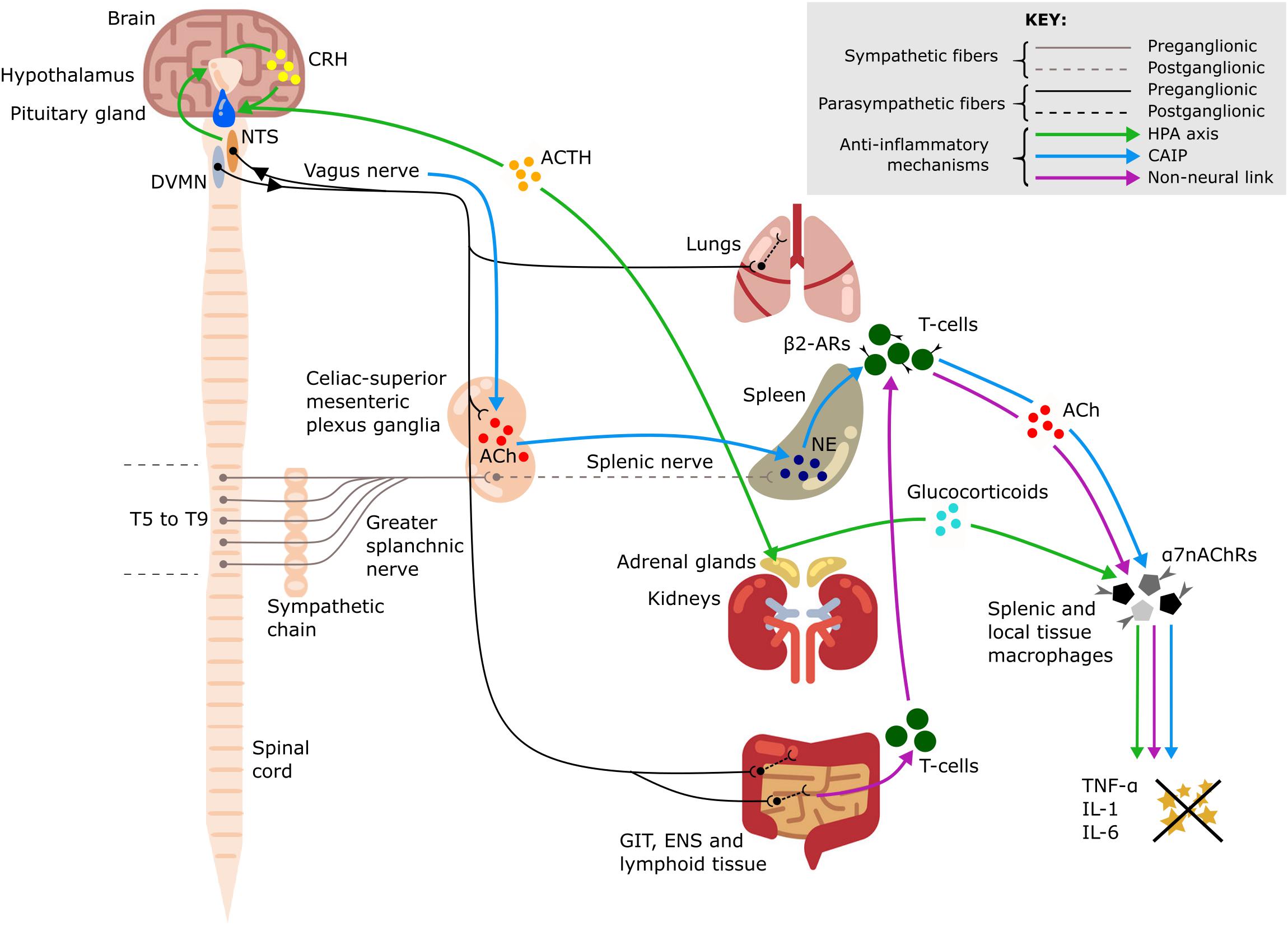
Frontiers Selective Vagus Nerve Stimulation as a Therapeutic Approach for the Treatment of ARDS: A Rationale for Neuro-Immunomodulation in COVID-19 Disease
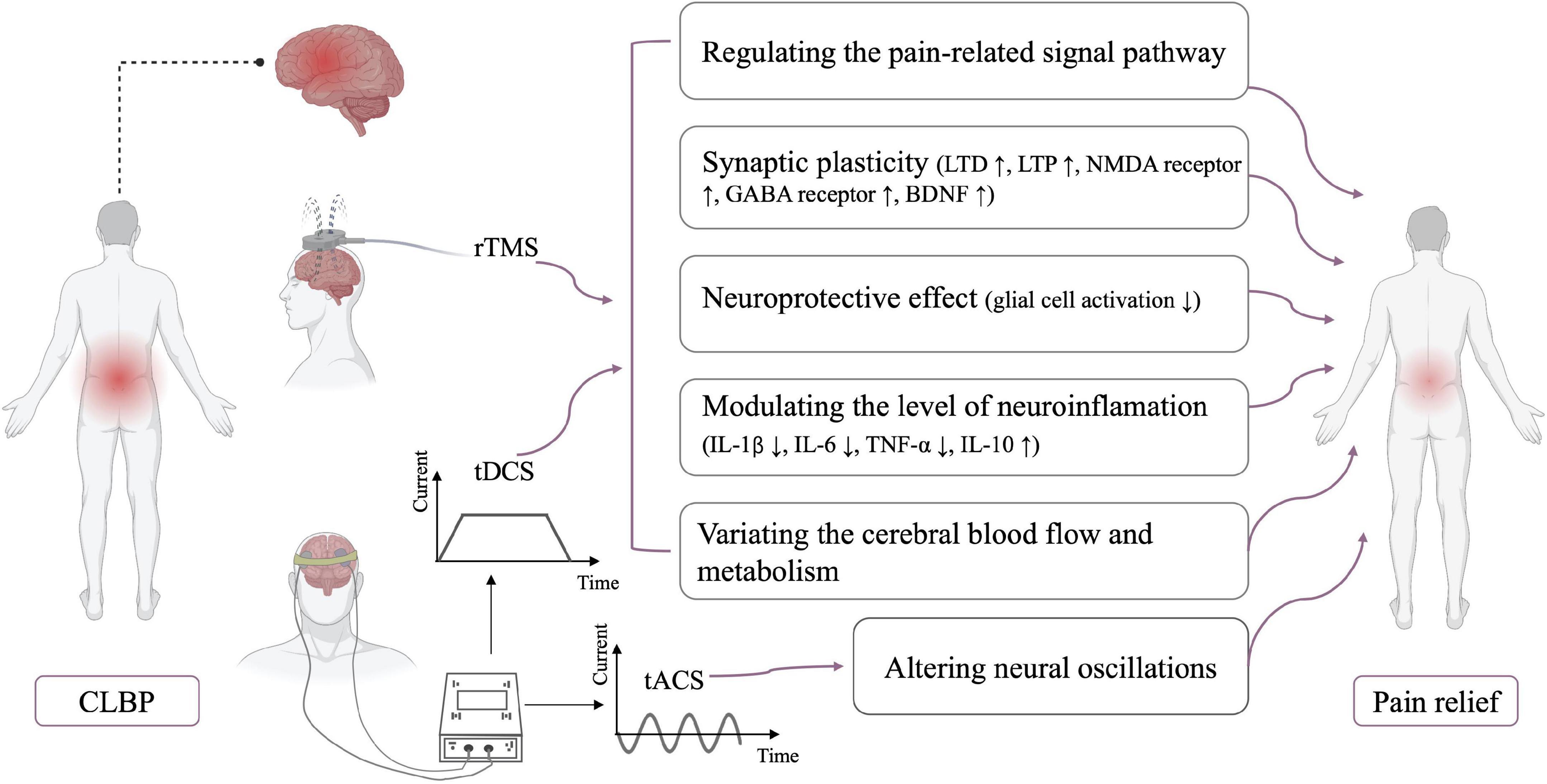
Frontiers Non-invasive brain neuromodulation techniques for chronic low back pain
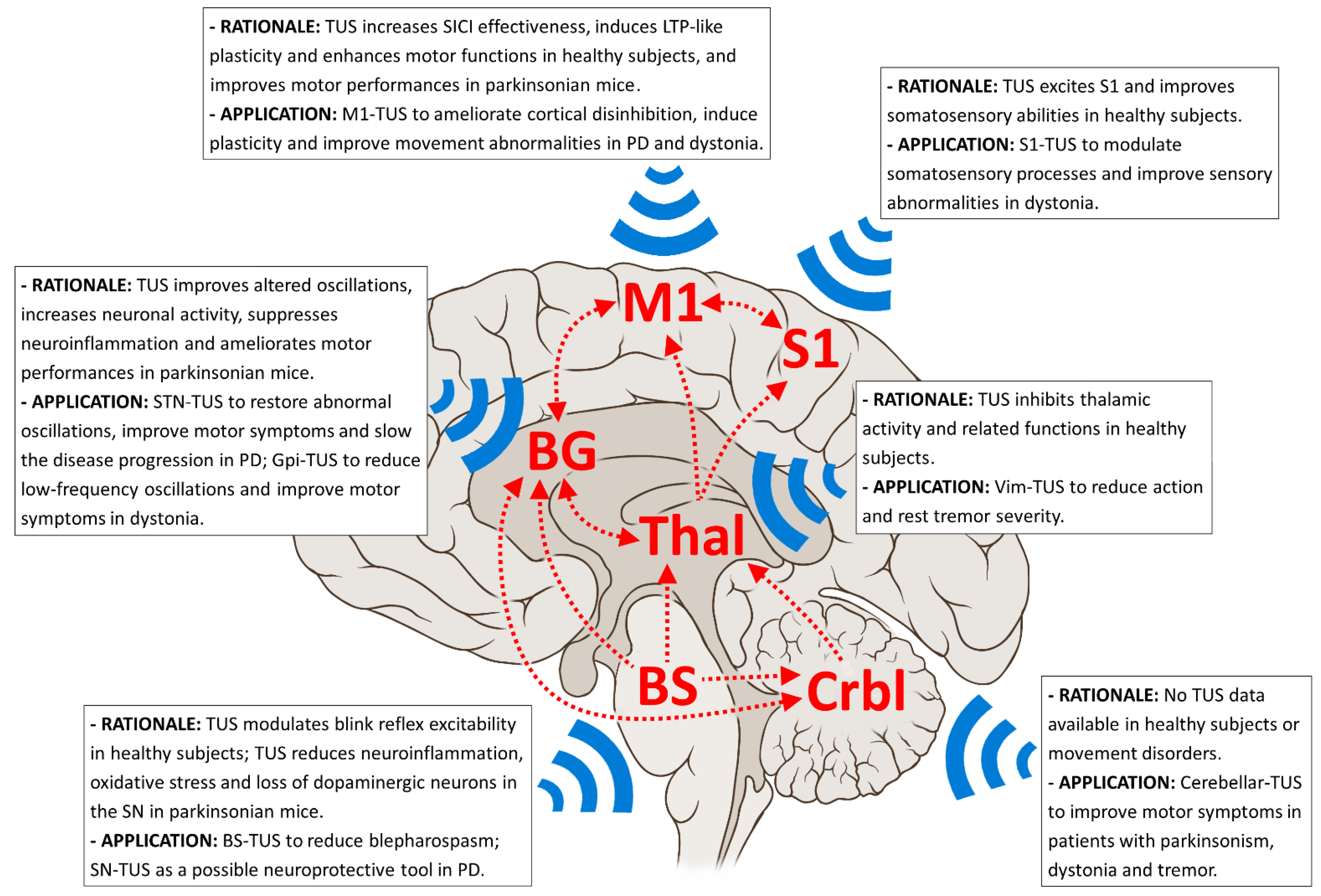
Brain Sciences, Free Full-Text

Haemodynamics and oxygenation in the lower‐limb muscles of young ambulatory adults with cerebral palsy - Aviram - 2023 - Developmental Medicine & Child Neurology - Wiley Online Library

Research Opportunities in Autonomic Neural Mechanisms of Cardiopulmonary Regulation: A Report From the National Heart, Lung, and Blood Institute and the National Institutes of Health Office of the Director Workshop
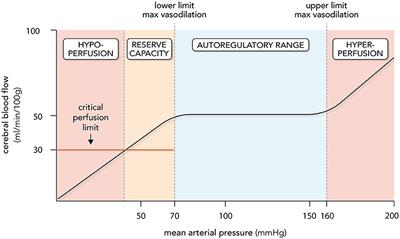
Frontiers Cerebral Autoregulation in Subarachnoid Hemorrhage
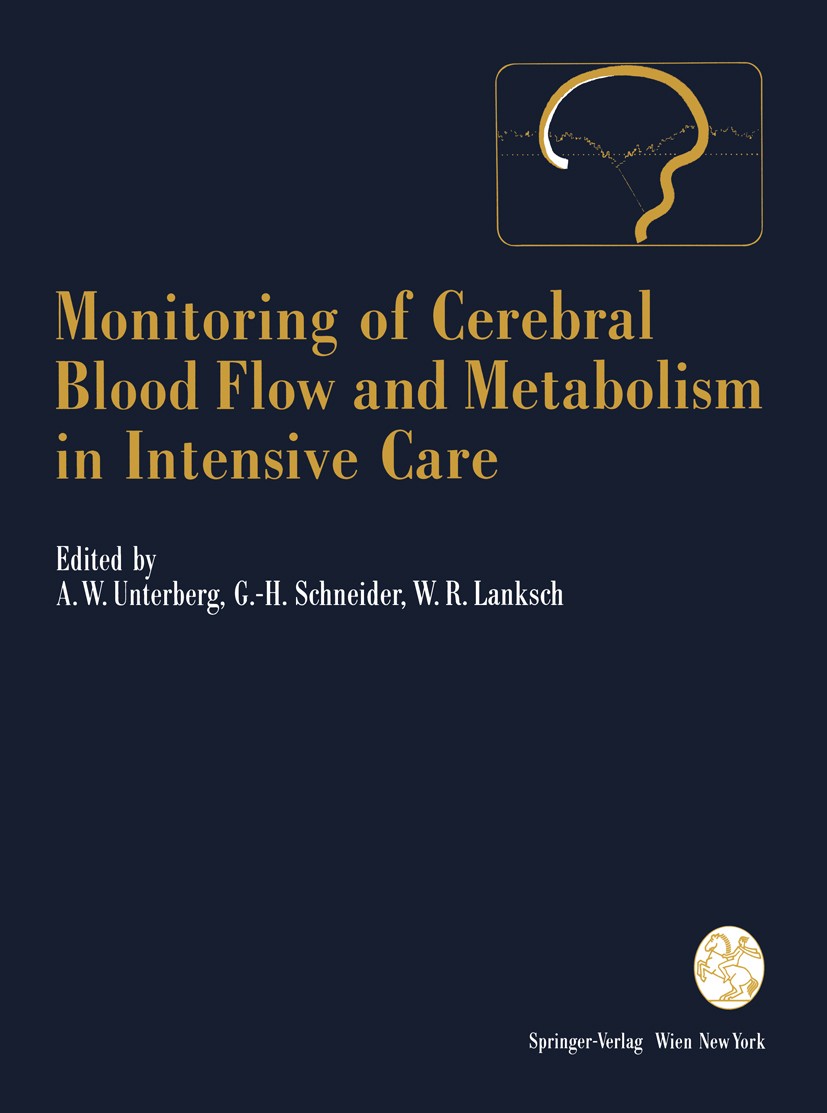
Regulation of Cerebral Blood Flow — A Brief Review

Brief Electrical Stimulation Triggers an Effective Regeneration of Leech CNS
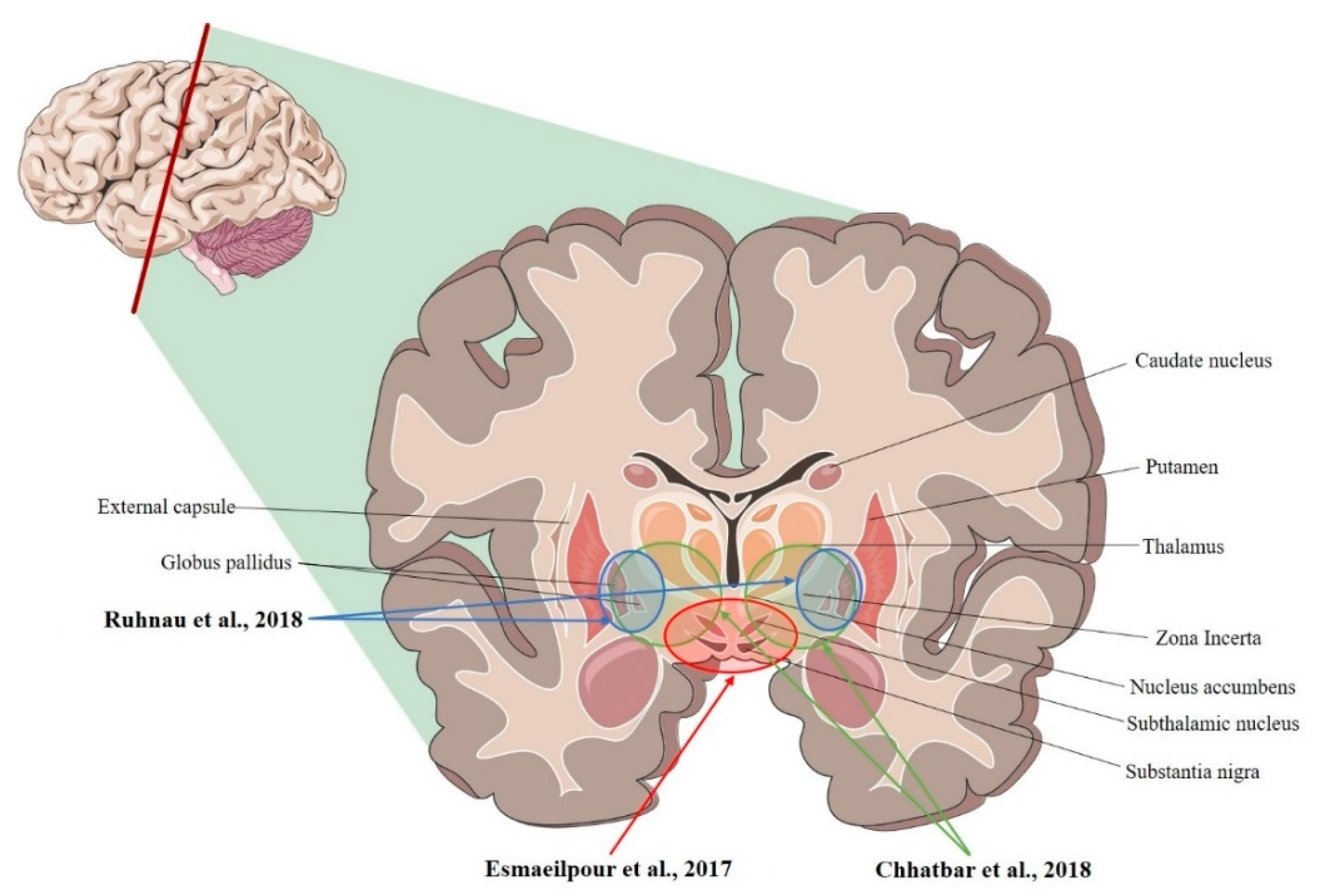
Biomedicines, Free Full-Text
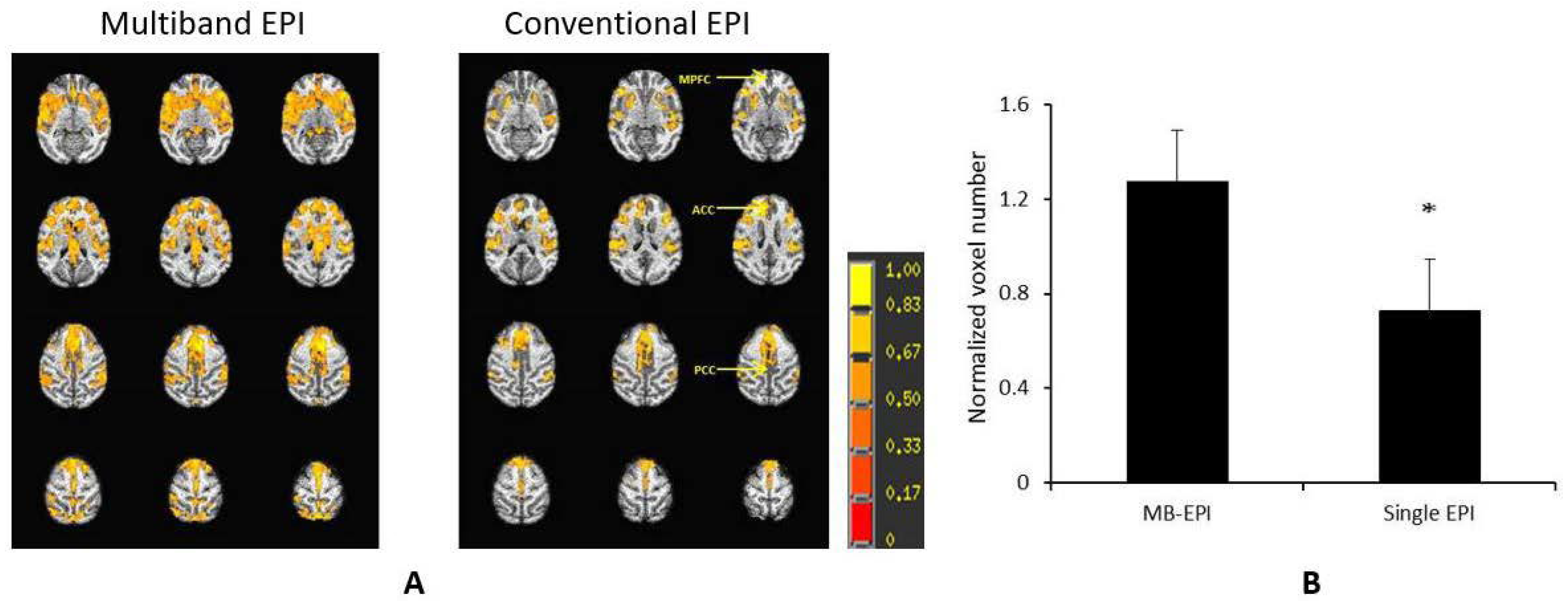
Veterinary Sciences, Free Full-Text

Bioengineering, Free Full-Text


